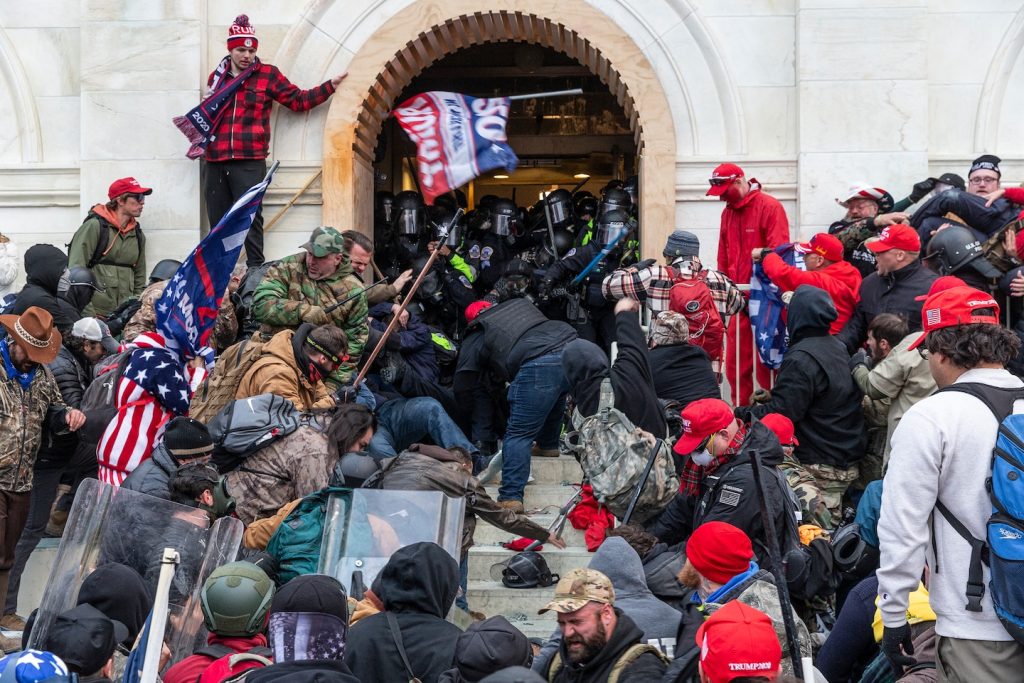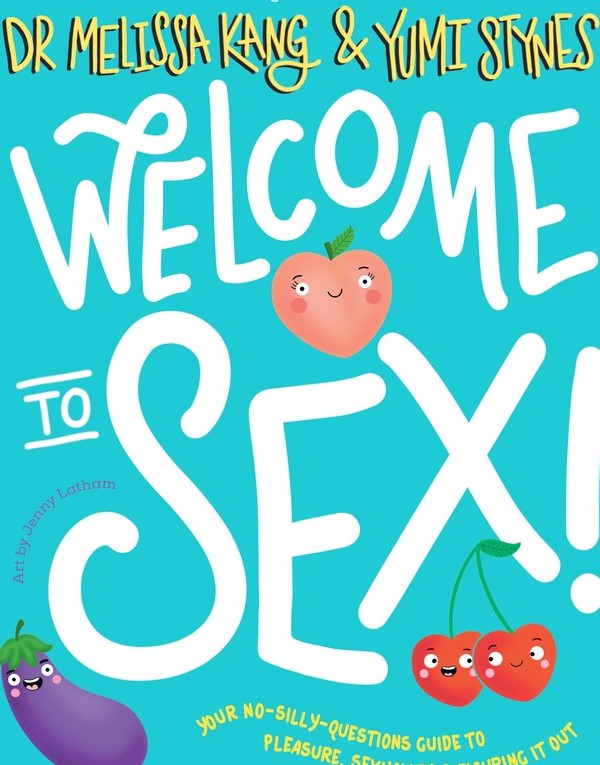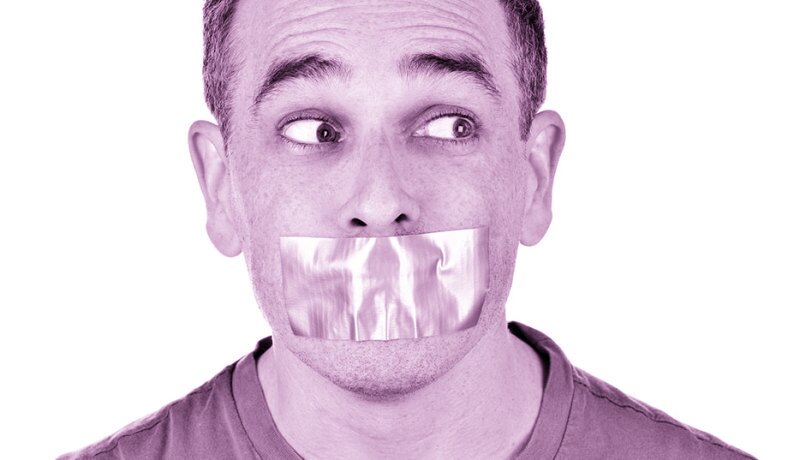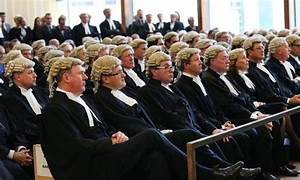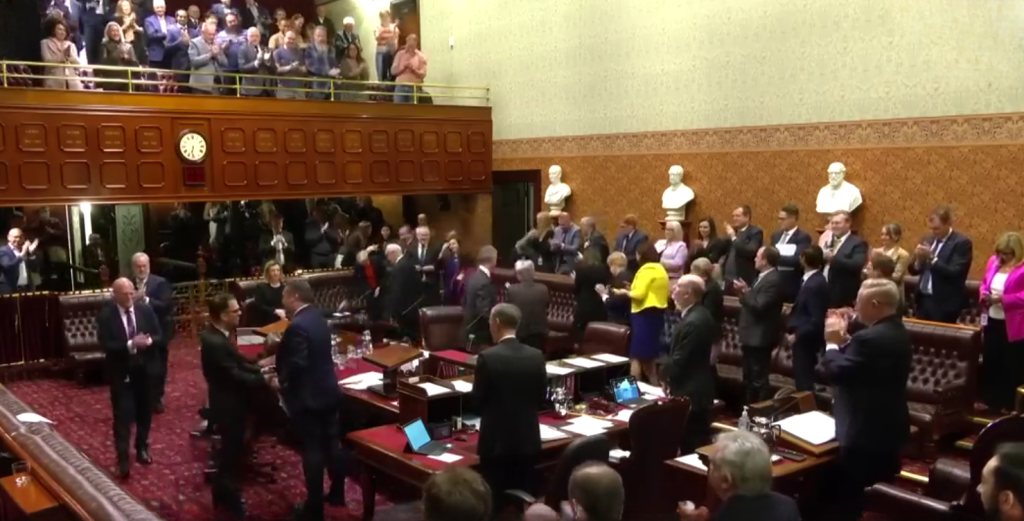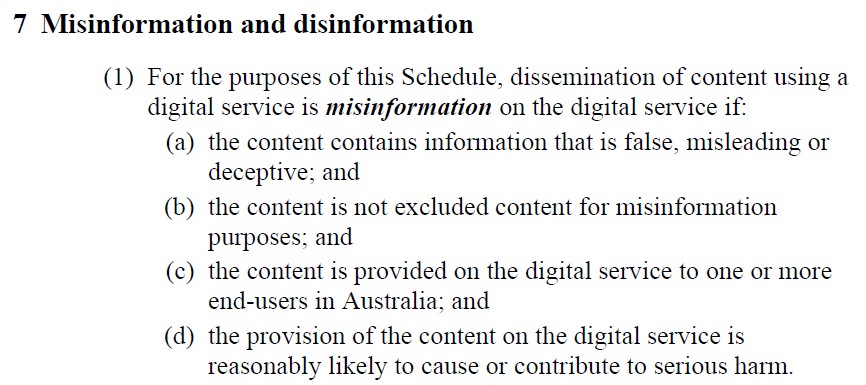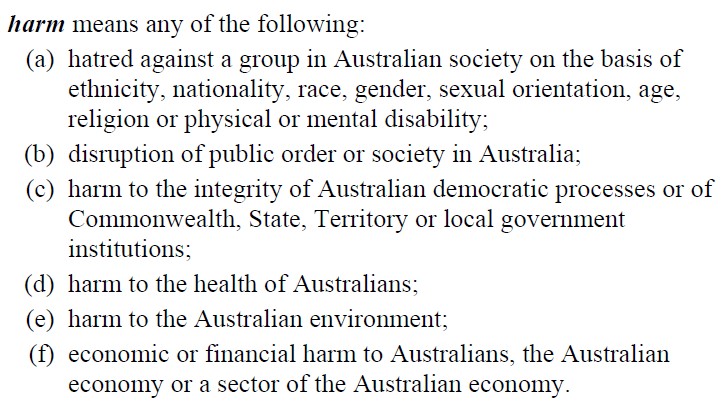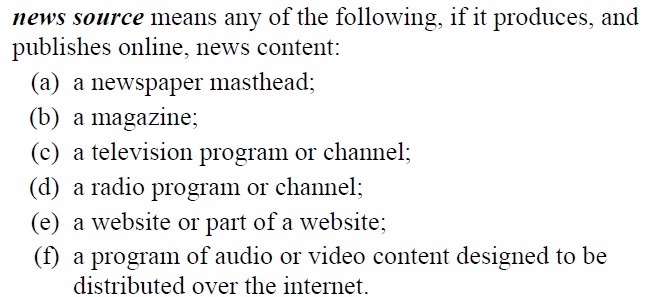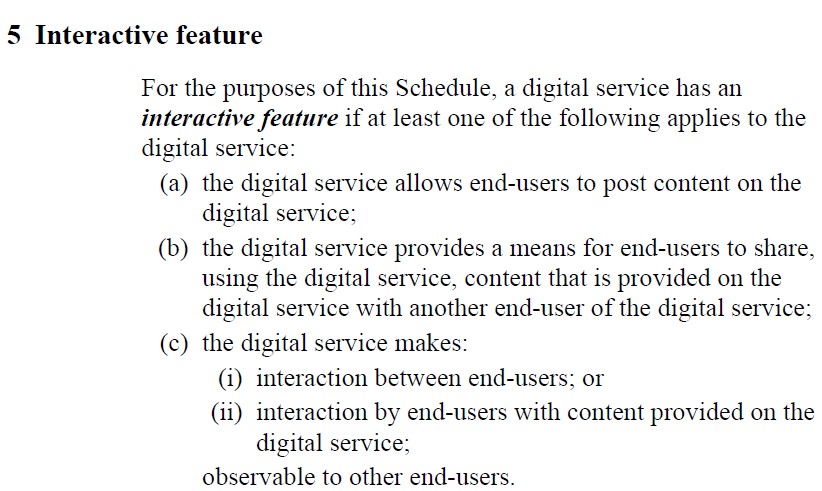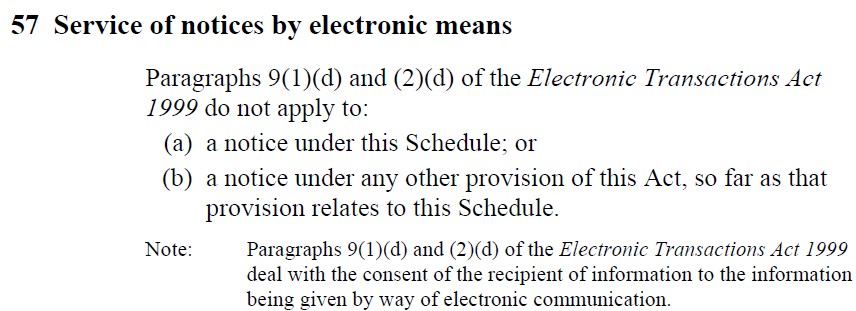We Ignore The Erosion of Democracy At Our Peril
Niccolo Machiavelli wrote that if a republic is to live long, it is necessary to draw it back often toward its beginning.
“For all the beginning of sects, republics, and kingdoms must have some goodness in them, by means of which they may regain their first reputation and their first increase. Because in the process of time, that goodness is corrupted, unless something intervenes to lead it back to the mark, it of necessity kills the body.”
It is now time for Australia, and all modern western democracies, to be led back to the starting point, less necessity kills our body politic.
No political system has ever been immune to corruptible processes.
Now, the concept of going “back” will raise the ire of progressives. It could even unnerve libertarians, the thinking being that any hint of the status quo or traditionalism is the sole purview of conservatives. But I would remind them of what Thomas Paine said, that when government “operates to create an increased wretchedness in any of the parts of society, it is on a wrong system, and reformation is necessary.”

We could argue over the difference between Paine’s reform and Machiavelli’s drawing back to the beginning, but as a historian, I stand by the view that unless one contemplates how a thing starts, the solution to improving it can be neither understood nor solved.
A searing reminder of how far Australia has fallen from political grace can be seen in the erosion of habeus corpus, articulated brilliantly by Jaimie Stevenson in her article, Imprisoned with Zero Charges, noting that this “unchecked authority fundamentally challenges the principles upon which our democratic society is based.”
Surely, this one issue alone requires us to be drawn back to our beginning. But if we need more reminders of the importance to look in the rear-view mirror, it can be found in Kenelm Tonkin’s explanation of the Tocqueville Matrix.
When government operates to create an increased wretchedness in any of the parts of society, it is on a wrong system, and reformation is necessary.
It is not new, this thing known as recovery of freedom. In 509 BC, Lucius Junius Brutus rescued Rome from the corruption and pride of kings gone bad. After two hundred years the monarchy had degenerated into vileness at the hands of one man vested with too much power.
It is not a stretch to draw parallels with life in Australia from 2020 – 2022 under the direction of Scott Morrison as Prime Minister, who set up an unconstitutional National Cabinet, continued to this day by current leader, Anthony Albanese; and who allowed unrestricted power to state premiers for carte blanche hard-line rule over their populations. Daniel Andrews’ iron fist in Victoria demonstrates that it is all too easy for one man to think himself a god. Though he was not alone in his authoritarian bent, he was by far the most brutal of all the state’s leaders.
We can ruminate on our demise, or we can each do something to regain the goodness which has been corrupted by time. This is a process in itself; documenting what is wrong by looking back to what provided the foundation upon which democracy was built. And it does not require the commanding presence of public figures.
It is now time for Australia, and all modern western democracies, to be led back to the starting point, less necessity kills our body politic.
In Cicero’s dialogues between past heroes of the Roman Republic, Scipio Africanus said of Lucius Brutus:
“No one is a mere private citizen when the liberty of his fellows needs protection.”
For those who question the relevance of being drawn back to beginnings, I urge you to consider the increase in dystopian and futuristic writing and ask yourself why it is occurring.
John Goddard writes fast fiction; dystopian ponderings, often with a question as to what went before. In a recent article entitled Mephistopheles, his dystopian character questions the relevance of old-world heroes, that they have “no place in our modern mythology.” It is a hellscape scenario in which to question anything significant from the old world would be to bring down the wrath of the state upon oneself.
That people lament the absence of old heroes; or sound the alarm about the deterioration of valued democratic safeguards like habeus corpus; or feel compelled to encourage us moderns to look back to invigorating figures like Alexis de Tocqueville, surely tells us that the past does hold significance in the quest to understand ourselves and our societies.
No political system has ever been immune to corruptible processes. And now it is our time to act. It may even require a “going to the mattresses” approach, not as a physical war, but as an intellectual war between the people and those we put in office to represent us.











